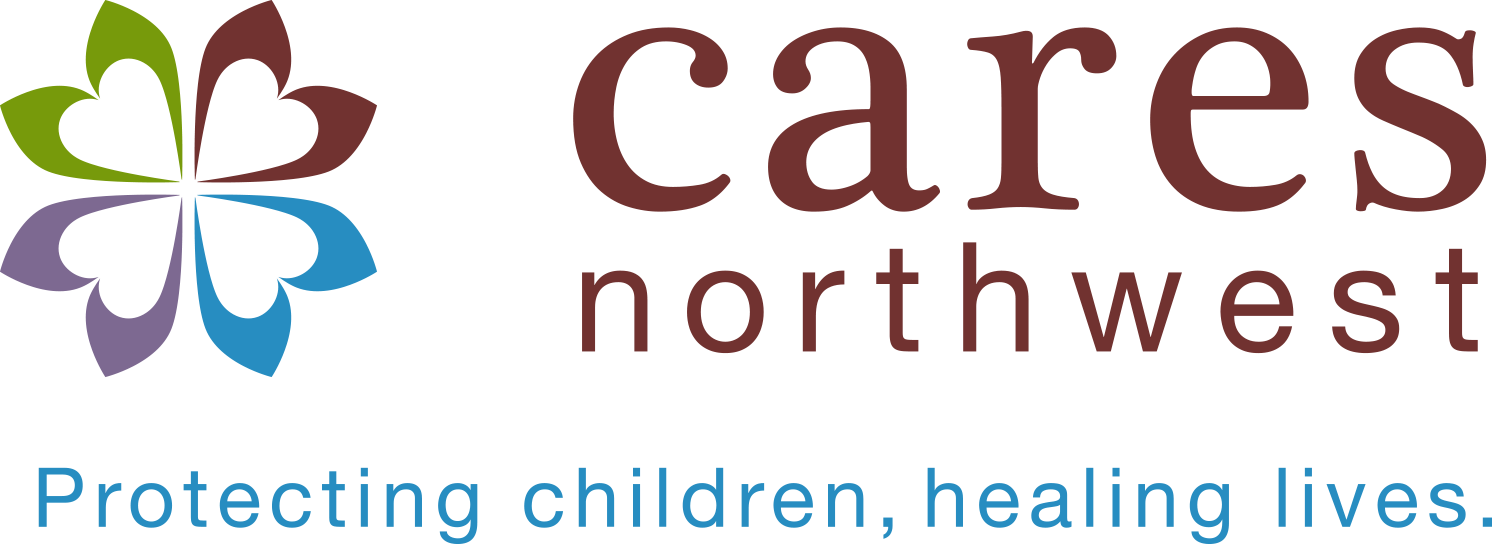Our People profile – Holly Hess
A person’s career path is rarely linear. It zigs, zags, goes forward, then backward and in every other imaginable direction. Yet for many, it all makes sense when they reflect on their journey. Such is the case for Holly Hess, a licensed clinical social worker and counselor at CARES Northwest. The regional agency partners with Legacy and other healthcare organizations to stop child abuse and neglect. Holly began her journey at Legacy Emanuel in 1996 as a research assistant in pediatrics but soon accepted a position at CARES Northwest. Since that time, she has held numerous positions at CARES Northwest and literally helped write the guidelines on how to interview children with disabilities who have been abused. Now she spends her time at CARES Northwest as a therapist for abused children. “The universe has been driving me to places I need to be,” Holly said.
Chapter 1 Holly’s career as a researcher dealt with several pediatric pharmaceutical clinical trials. One in particular flipped a switch for her. “I had to talk to parents about a drug trial that offered a new medicine in addition to the care their kids were already receiving that had the potential to save the child’s life,” she said. “There was also the potential that their child may receive the placebo drug instead. I thought if I can talk to them about this, I can talk to them about anything.”She knew nothing about child abuse when she accepted an intake position at CARES Northwest but became fascinated with forensic interviews after watching several during her early days with the agency.
“I thought this is what I want to do,” she said.
Holly went back to school to get her master’s in social work. Armed with the educational background, Holly jumped into forensic interviews with a passion. It was her calling and she excelled. She became especially interested in working with children with disabilities after realizing there were few forensic interviewers who specialized in that type of care. She secured grant funding to develop guidelines for forensic interviewers to better understand how to work and communicate with this population. It was also around this time that her own daughter, who was 2 years old, was diagnosed with a rare genetic syndrome.
“It all converged to make me a better clinician because I went from being an expert on how to talk to parents to all of a sudden being the terrified parent talking to experts,” she said. “It gave me the opportunity to better understand the empathy and understanding of clinical delivery and how to really meet parents and kids where they are.” The guidelines helped inform national standards for interviewing children with disabilities. Holly has also toured the country teaching others and participated in developing federal guidelines for interviewing children with disabilities. “I made this name and niche for myself,” she said.
Chapter 2 Holly loved interviewing, but there was one part of the job that left her lacking. As an interviewer, she had one chance to meet the kids and their families. She evaluated the child, made an assessment, and sent the child on what would hopefully be a path of healing. After 18 years as an interviewer, Holly wanted to see what it was like to be involved in that healing process. She shifted to the therapy side at CARES Northwest in 2018. Now she spends months working with children who have experienced trauma. In true Holly fashion, she sought dual certification of her daughter’s service dog to become the first Facility Dog at CARES Northwest. Her dog, Harmony, a mix of Labrador and golden retriever, then became certified to work with kids who are evaluated at CARES for abuse and also to work with the kids during their therapy process. After 10 years, Harmony retired, but Holly’s co-worker followed suit and now Tona, also a Labrador and golden retriever mix, fills that role. Holly confesses she wasn’t much of a dog person before Harmony, but the results converted her. “I’ve seen kids who were living on the street, are super tough and hard,” she said. “They meet the dog and turn into a 12-year-old little kid, giggling snuggling and playing tug of war. That has also been super fun.”
The next chapter Holly foresees finishing her career in the therapy world but won’t rule out another shift down the road. “I like learning,” she said. “I went from being the expert as an interviewer to a beginner in the therapy world. That’s humbling, but also exciting.” She’s already working on a process to collaborate with different agencies to develop accommodations for children with disabilities who participate in trauma focused therapy. She’s been asked to join a research project team that is working with providers and families who have children with autism to identify what works and what doesn’t in the world of accommodations. Her career arc, as she is quick to point out, was not a solo journey. She rattles off a list of colleagues, supervisors and others who have provided support, encouragement, mentorship and been there to listen.
“At CARES, I work with the most amazing people,” she said. “It’s a family and it’s been an honor for me to work beside them.”

